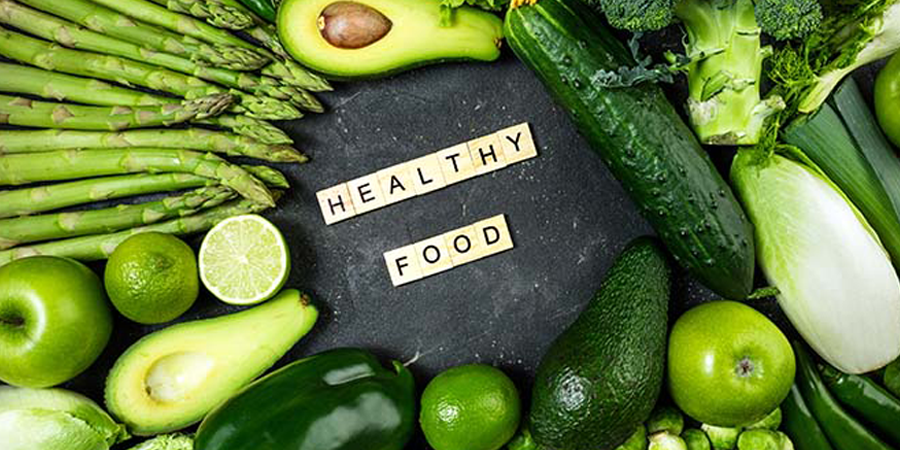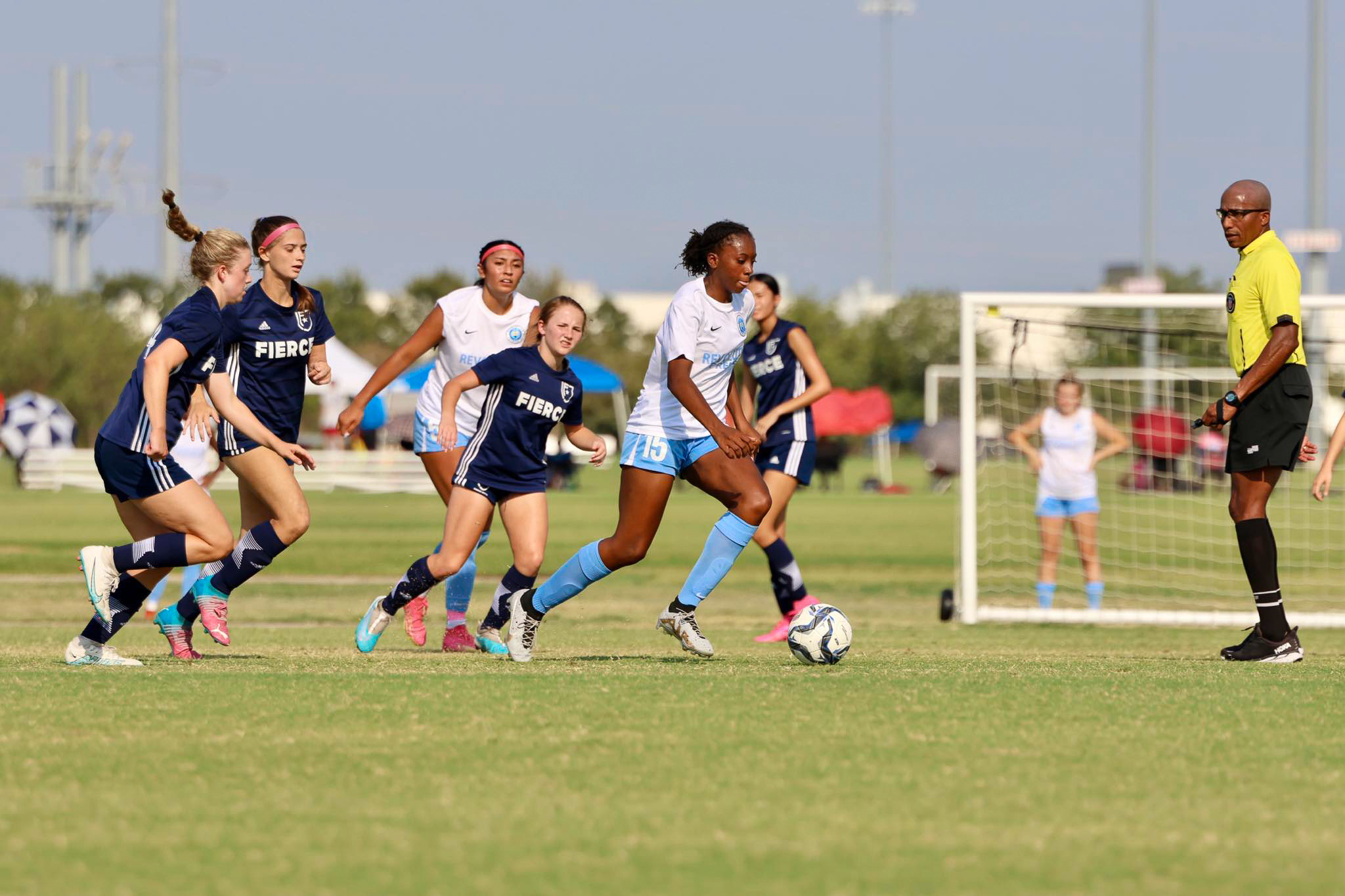10 Tips and Why
As an elite soccer player, nutrition plays a vital role in your performance on the field. Consuming a balanced and nutritious diet can provide you with the energy and nutrients you need to perform at your best, reduce the risk of injury, and aid in recovery after training and games.
- Carbohydrates are a primary source of energy for soccer players and should be a main part of their diet. Whole grain bread, pasta, rice, and potatoes are great sources of complex carbohydrates that provide a slow and sustained release of energy. Fruits and vegetables also provide carbohydrates, as well as important vitamins and minerals.
- Protein is also crucial for soccer players, as it is essential for building and repairing muscle tissue. Foods such as lean meats, poultry, fish, dairy products, and legumes are excellent sources of protein. In addition to supporting muscle growth, protein also helps to speed up recovery and reduce muscle soreness after intense training and games.
- Healthy fats are another important nutrient for soccer players. They provide a slow and sustained release of energy, support brain function, and aid in the absorption of important vitamins and minerals. Foods such as nuts, seeds, avocado, and fatty fish are excellent sources of healthy fats.
- Hydration is also a critical aspect of a soccer player’s diet. Staying hydrated helps regulate body temperature, aids in digestion, and keeps muscles working properly. It is recommended to drink plenty of water before, during, and after games and training sessions. Sports drinks can also be a good option for replenishing electrolytes lost through sweat.
- Antioxidant-rich foods such as fruits, vegetables, and whole grains are also important for soccer players, as they help to reduce inflammation and oxidative stress caused by intense physical activity. Berries, leafy greens, and red and yellow vegetables are great sources of antioxidants.
- Soccer players should also limit their intake of processed and junk foods, as they provide little nutritional value and can negatively impact performance and recovery. Sugary drinks, high-fat snacks, and fast food should be limited or avoided completely.
- In addition to consuming a balanced and nutritious diet, soccer players should also consider portion control. Eating too much can lead to discomfort and sluggishness, while eating too little can leave you feeling fatigued.
- It is also important for soccer players to plan their meals and snacks in advance, especially on game days. This helps to ensure that you have enough time for digestion and that you are consuming the right foods to support your performance and recovery.
- Lastly, it is important to remember that every soccer player is unique and may have different dietary needs. Experimenting with different meal options can help you find what works best for you, and consulting with a nutritionist or dietitian can ensure that you are getting the right nutrients for optimal performance and recovery.




